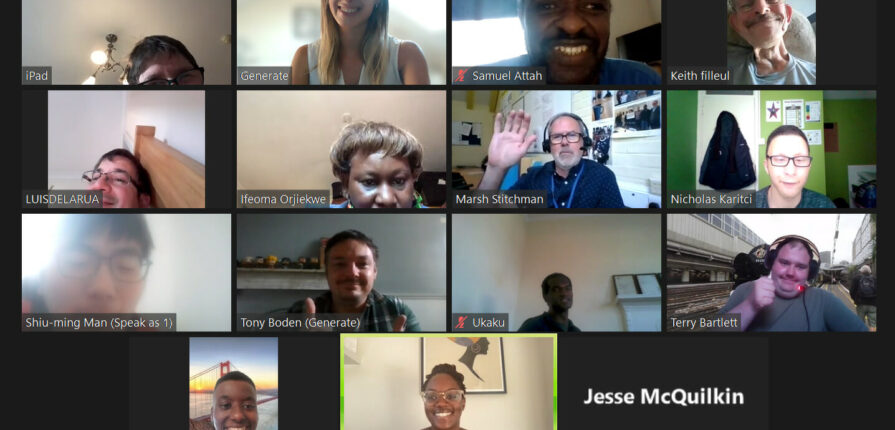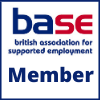At the Generate Voices Forum we believe that collaboration and open conversation is the first step toward making positive change. With this in mind, our members decided it was time to organise the Generate Voices’ Speak Up Meet Up. The Speak Up Meet Up was an online event for different self-advocacy groups and independent advocates to come together and share best practice. In total, there were twenty-six self-advocacy groups and independent advocates from eleven different organisations who joined the virtual Speak Up Meet Up from around London, Cambridgeshire and Oxfordshire.
2021 has been a roller coaster of a year. Beginning with a national lockdown, to a nation-wide vaccination program and then coming out of lockdown, a lot of key advocacy issues have challenged us all this year. The year has laid bare some of the disparities in health and social care. Self-advocates and advocacy groups all over the country have been working to help people with learning disabilities and autistic people campaign against these inequalities. Below, have a read about what everyone had to say.
What’s everyone been working on in the last year?
Generate Voices Forum:

We have collaborated and consulted with the British Institute of Learning Disabilities around changes to the Mental Health Act.
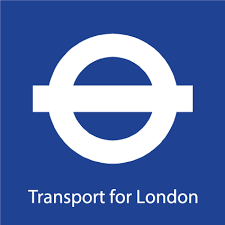 We have spoken to Transport for London about how to improve transport and getting used to using public transport after Covid-19.
We have spoken to Transport for London about how to improve transport and getting used to using public transport after Covid-19.
 We have used our sessions to speak out against the challenges of Social Housing by sharing the experiences of Generate Voices members.
We have used our sessions to speak out against the challenges of Social Housing by sharing the experiences of Generate Voices members.
 Currently, our younger members are meeting with a representative from Wandsworth Council on how to improve the Youth to Adult transition by campaigning for more services for over 25s.
Currently, our younger members are meeting with a representative from Wandsworth Council on how to improve the Youth to Adult transition by campaigning for more services for over 25s.
My Life My Choice:
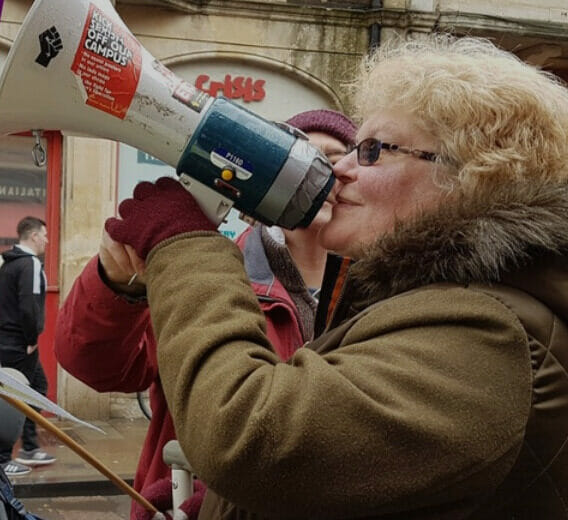 My Life My Choice have been working on the “We Can’t Wait” campaign. The campaign’s main aim is to tackle health inequalities against people with learning disabilities.
My Life My Choice have been working on the “We Can’t Wait” campaign. The campaign’s main aim is to tackle health inequalities against people with learning disabilities.

They have been campaigning to hospitals in Oxfordshire to improve communication with GPs.
 Currently, the champions are going through campaign training to support them to contact key stakeholders so people with a learning disability are placed higher up NHS waiting lists.
Currently, the champions are going through campaign training to support them to contact key stakeholders so people with a learning disability are placed higher up NHS waiting lists.
My Life My Choice believes people with a learning disability should be prioritised on waiting lists and it is vital towards achieving health equality.
Lewisham Speaking Up:
 Lewisham Speaking Up has been working on the “Right to Home” campaign.
Lewisham Speaking Up has been working on the “Right to Home” campaign.
The campaign was inspired by the horrific acts uncovered at Walton Hall in 2020. Advocates campaigned for the right to a home for people with learning disability and autistic people.

Lewisham Speaking Up advocates campaigned for change in different areas like human rights, good support, an end to reports and pushing for more self-advocacy.
 Lewisham Speaking Up has also been working on the campaign #selfadvocacyworks.
Lewisham Speaking Up has also been working on the campaign #selfadvocacyworks.
They have created the hashtag to put on social media about anything related to self-advocacy. This is to bring all campaigns to the public domain and the attention of policy makers. The more people who use the hashtag the more it will trend and people will pay attention.
Speak Out in Hounslow:
 Speak Out in Hounslow has been working on campaigns to improve GP services, wheelchair accessibility and unemployment for people with learning disabilities and autism.
Speak Out in Hounslow has been working on campaigns to improve GP services, wheelchair accessibility and unemployment for people with learning disabilities and autism.
They have been campaigning to improve wheelchair accessibility in a shopping centre and a sports centre in West London.

They have also been ‘mystery shopping’ Hounslow GP’s to see if they are seeing patients face to face and if they know the patients have a learning disability.
 They are currently completing the Hate Crime awareness with Lewisham Speaking Up. Five members of Speak Out in Hounslow will be trained to be Hate Crime Champions. Once the training is achieved they will build a wider awareness of Hate Crime in West London.
They are currently completing the Hate Crime awareness with Lewisham Speaking Up. Five members of Speak Out in Hounslow will be trained to be Hate Crime Champions. Once the training is achieved they will build a wider awareness of Hate Crime in West London.
Speak as 1:
 Speak as 1 was created as members felt there is not that much support or help for people with learning disabilities and autistic people.
Speak as 1 was created as members felt there is not that much support or help for people with learning disabilities and autistic people.

In 2019, Speak as 1 campaigned during the national election for all manifestos to be available in Easyread.
 The group went up to the Houses of Parliament to take part in Prime Minister’s question time. They challenged politicians on the lack of accessible documents available during the election.
The group went up to the Houses of Parliament to take part in Prime Minister’s question time. They challenged politicians on the lack of accessible documents available during the election.
“The system is not changing quickly enough”
Everyone agreed there were key issues that need to be tackled. These included inequalities within the healthcare system, reforming discriminatory policies, improving youth services and ensuring all people with learning disabilities and autistic people have a safe place to live. There was a great deal of overlap of the issues discussed from attendees; demonstrating how we all have been working on similar concerns. This implies that problems that are seemingly local to a certain area are part of a wider issue. It was agreed amongst the group that now is the time to work together on challenging these issues. While working within local boroughs is useful and indeed essential to help local communities, there needs to be a greater push to make changes on a national level. All attendees agreed that it was time to act, to stop the abuse, neglect and social exclusion of people with learning disabilities and autistic people that carries on today. As a member of Lewisham Speaking Up rightly said:
“This has got to stop happening. Everyone wants to have a good life.”
There was a sense of frustration from some attendees who acknowledged that whilst positive change is happening, it is too slow. The group expressed how they felt that people with learning disabilities and autistic people were still not prioritised in public policies. The Covid-19 pandemic provided a clear example of this, wherein the response to the pandemic highlighted the stark health inequalities that face people. As said by independent advocate, Shiu-Ming Man:
“I don’t want to get to 50 years and still be at the same point, it can’t go on.”
Despite the evident frustrations that attendees felt, everyone was hopeful for the future. There was a consensus that advocacy is the way forward to make change. Even if progress felt slow, advocacy was still needed to keep pushing toward making change. Plus, there needs to be a greater reflection on the successes that have been made! The past two years have been difficult for everyone and to adapt to these changes by advocating and meeting online demonstrates the willingness of all advocates to make a real difference.
What works well in campaigning?
There are hundreds of self-advocates and self-advocacy groups throughout the UK, that all focus on different issues. Therefore, it is necessary to reflect on what makes a good campaign, in order to make long-lasting positive change. Below, is a list of useful tools to use to start an effective campaign:
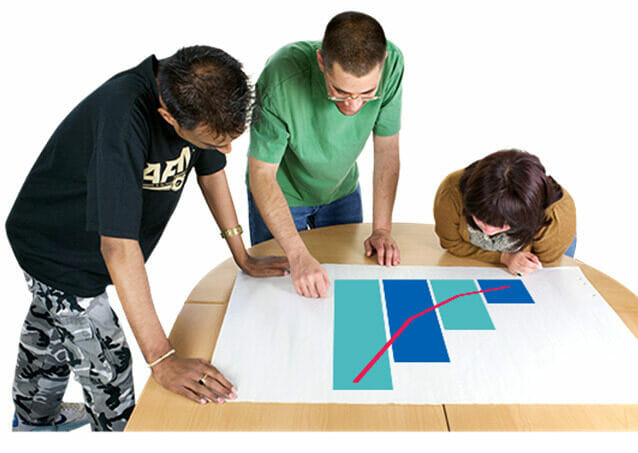
Use evidence, such as facts, statistics, personal anecdotes or experiences to strengthen a campaign.

Be selective of who you talk to. Don’t let people waste your time.

Work with the right people. Everyone has different skills, so make sure you assign particular jobs to the right people in your groups.

Listen to people with lived experiences. Experts have lots of knowledge, but don’t always remember to listen to the people most affected.

Go on the radio or news to spread the campaign and write letters.

Network, it’s important to get to know lots of people who can help spread the campaign.

Make sure issues are explained in simple language and concisely, some issues can be hard to understand and use lots of jargon.

Keep “banging on that door” to get through to policy-makers and the wider audience. It’s important to keep putting the pressure on.
![]() Use #selfadvocacyworks hashtag when publicizing campaigns. The more people use it the more people will see it.
Use #selfadvocacyworks hashtag when publicizing campaigns. The more people use it the more people will see it.

Always work as a team.
What needs to be done in the future?
In the second half of the meeting, groups and self-advocates raised some key issues that need to be tackled in the future. Whilst a lot of progress has been made, there is still a long way to go to achieve equality for people with learning disabilities and autistic people in the UK. Some of the changes that need to be made include:

Get rid of impatient units or crisis centres. People with learning disabilities and autism should be allowed to go back and live with their communities. Not only will this save money, but it’s more ethical. People supported in local areas should not be forced to behave in a certain way in hospitals.

Need more focus on what needs to be done for people to have a better quality of life.

There needs to be more focus on improving employment opportunities.

We need to make more opportunities that allow people to advocate for themselves, people are their own advocates.

Focus on making change from within. Self-advocacy groups and self-advocates need to focus on the boroughs they live in, start small and then make the campaign bigger.
 The current benefit allowance needs to be reformed. Disabilities are chronic so it can take a long time to feel confident to step into a work place. There is not a clear cut distinction between people who are able to work/ people are not able to work. People with learning disabilities and autistic people have different everyday challenges that make it difficult to work; it can be hard to understand disabilities.
The current benefit allowance needs to be reformed. Disabilities are chronic so it can take a long time to feel confident to step into a work place. There is not a clear cut distinction between people who are able to work/ people are not able to work. People with learning disabilities and autistic people have different everyday challenges that make it difficult to work; it can be hard to understand disabilities.
#selfadvocacyworks
Despite the huge amount of work and campaigning that needs to be done to be done, one thing is clear: self-advocacy works. Through listening to all the advocacy groups and independent advocates alike, it was clear that a lot of positive change has been made to better the lives of people with learning disabilities and autism in the UK. Speaking out and using different advocacy tools is essential to make change for those who are too often neglected within our system. As one of the attendees rightly said:
“We need joint action and to work as one. As a group we are louder.”
In the future, advocacy groups and independents need to come together more often to campaign. Whilst the work everyone does independently is inspiring and effective, coming together more often helps to bring campaigns together to reach a wider audience. As shown through the Speak Up Meet Up, we are all fighting for the same thing. As Lewisham Speaking Up said about using their #selfadvocacyworks hashtag; the more people who use the bigger impact it will make. It’s the same thing with advocacy; we are all in this together!

 020 8879 6333
020 8879 6333
